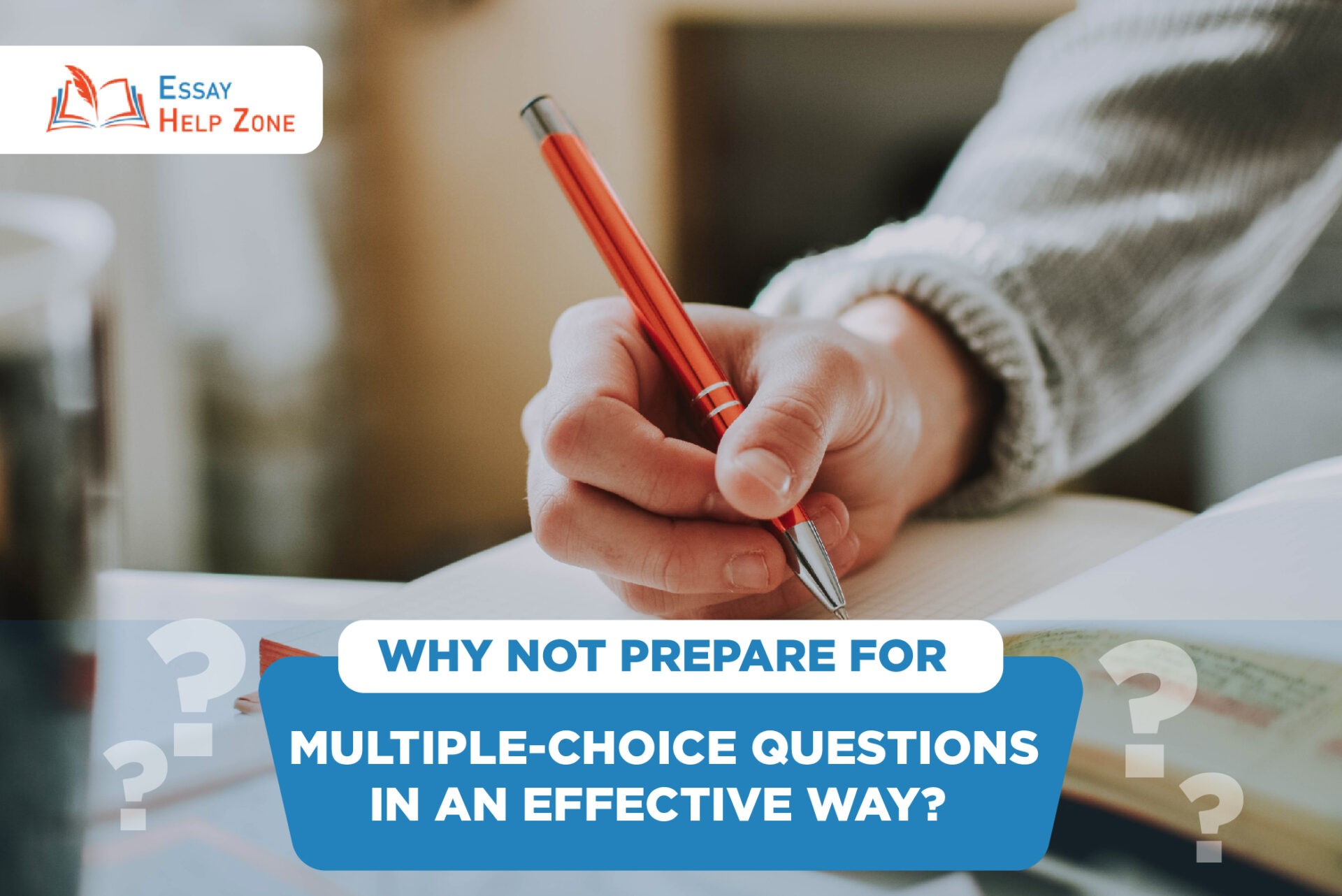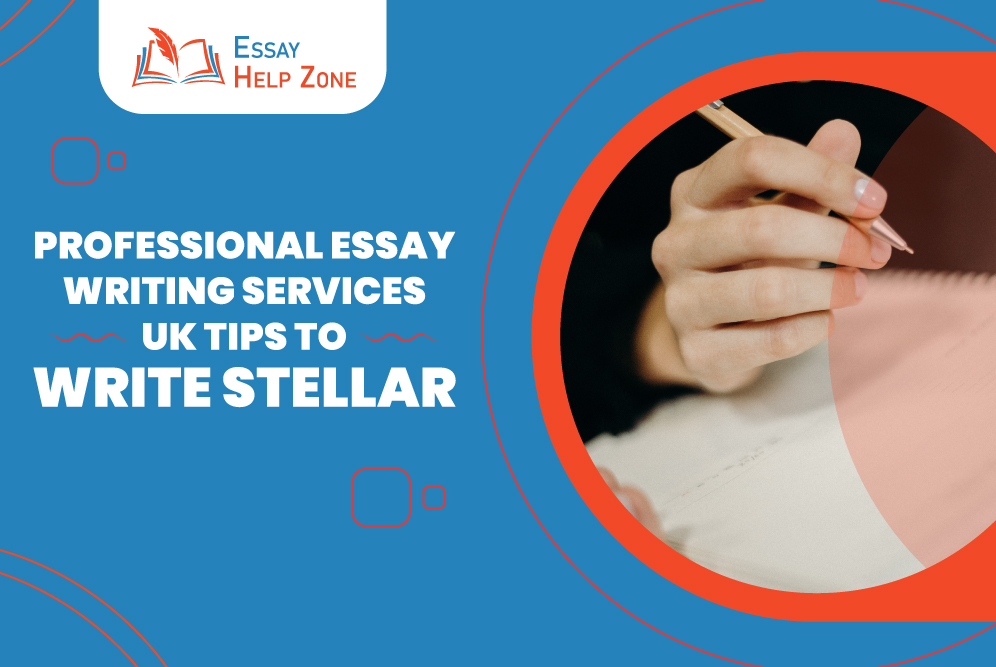When we come to competitive examinations, there are multiple types of exams that include oral exams, practical exams, written exams, and multiple-choice exams. Among these, exams that consist of MCQs are most appreciated and preferred by the students but still, some students don’t take them as an advantage. Why? Because some students are good at memorizing small details and others find difficulty in doing so.
If you are among those who take MCQs as a hardship, relax, we have a solution for your trouble. This article revolves around the most effective tips and tricks to make multiple-choice questions, your cup of tea.
Don’t Take the Competitive Examination as a Game
We all are well aware that exam preparation is a difficult job, so students don’t have an option to take their studies in a non-serious way. It is essential from day one since the students decide to go with competitive examinations. Preparations require a lot of things from making schedules to timetables and practising controls to ensure there is nothing to make the focus drift.
You can, for example, create a to-do list (by hand or online) to help you stay organised each week. Remember that relaxing is beneficial, but not at the expense of the work you put into studying. Yes, we will have to give up some of our favourite activities, but considering the rewards will make it worthwhile to give them up for a while.
So there are no more excuses! Don’t makeup problems or manufacture scenarios that divert your attention away from the opposition’s challenges. Furthermore, being positive does not imply over-imagining, descending from the skies, or understanding that one hour of study is insufficient to memorise. It’s necessary; you must read, analyse, and memorise.
But don’t forget to make the most of your time: certainly, there will be things you can’t avoid during the day, but planning helps you to get everything done without feeling rushed.
Find Motivation
To be fully prepared for the MCQs test, you need to be certain about the answer to this question: “What is that we want as the result of this test? Why is it necessary to make the effort?”. Since the syllabus to be covered is lengthy and you have so much you have to sacrifice to study, not knowing what you want to achieve may become the reason you lose motivation. Therefore, set a goal and work towards it.
The drive to study, the focus, comes from understanding what motivates us to do it in the first place, from seeing a goal, from achieving what we are aiming for. A pause is necessary if we are overworked (which is natural). We can feel more driven if we take a day to ourselves.
Overworking ourselves, as well as ignoring ourselves, is not the answer. You should do the following to stay going and avoid overload and needless nerves:
- Consider the good. Remember that everything has an end and that passing a competitive examination after thorough preparation will provide happiness.
- Make use of a journal. Make a list of what you need to do, what you’ve learnt, and what you’ve passed, and then congratulate yourself on your accomplishments.
- Imagine you’ve achieved your objective and recall how it makes you feel.
- Rest for at least a day before continuing. When you return to school, though, strive harder since you have more energy.
- Solicit assistance from your loved ones. They will always be there to cheer you up and make you feel better.
Highlight the Useful Details
The most essential thing to remember when studying for a multiple-choice test is to pay attention to the facts, maintain the pertinent information, and extract the most significant points from the explanations. To do so, we propose highlighting the terms of each explanation for the upcoming idea map with colourful highlighters.
When studying dates for a multiple-choice test, it’s ideal to utilise mnemonic and memory strategies, putting the dates in chronological order and connecting them with keywords that remind you of what happened.
Try Concept Maps
Due to the nature of MCQs, such as particular ideas and concepts, it is critical to make them extremely clear. As soon as you see the answers to the question, build concept maps to connect the concepts and recall facts.
Concept maps help you organise and comprehend the information you’ve learned. This approach may also be used in your daily study routine to ensure that you receive the maximum points in class with your answers and are not pushed to seek aid from a nursing essay writing service or a private tutor towards the end of the semester.
It is not enough to know all of the facts to prepare for a multiple-choice test; you must also comprehend the questions to respond correctly. As a result, concept maps are an effective learning tool because they compel students to connect concepts and, as a result, keep ideas more transparent.
Pay a Teacher’s Role
We propose setting aside possible questions throughout the study of the subjects to be studied to construct a multiple-choice test for subsequent research. You will be better prepared for the exam if you can answer as many questions as possible. Furthermore, you will reinforce your information and memorise more rapidly in this manner, not to mention that some of the questions you have studied may be similar to those suggested by the professors.
When studying with your peers, it’s also a good idea to ask each other questions on the topic you’re learning.
Take as many Self-Tests as You Can
It is recommended that you take as many multiple-choice examinations as you have from previous years to pass this test with good scores. The more questions you practise, the more you’ll become used to the kind of questions you’ll encounter on the test.
Also, when taking practise tests, try to keep them inside the time restriction of the actual exam, as this will allow you to practise and complete all of the questions successfully and on time.
Try the Well Known “Mock Exams”
Pretend it’s the end of the day. That the day has arrived for which you have been studying for a test. Take out a stopwatch, a pencil, and some paper and begin to work. This exam enables us to manage our anxieties, enhance our work under pressure, and increase our test time efficiency.
You can enlist the assistance of friends to watch you and assist you in improving your performance in the public reading portion of the competition. Inquire about your flaws and make an effort to remedy them. It is critical to be able to read clearly. You must communicate ideas in a timely, comprehensible, and transparent manner. You are being tested on more than just your knowledge.
Try Flashcards
If you’re studying for an exam, this approach is highly effective. It entails creating flashcards with the questions written on one side and the answers on the other.
You may carry them with you everywhere you go, and you can start revising whenever you have free time. You may play it as a game to add some fun to your research. Furthermore, it has been demonstrated that this approach aids in memory.
Read all the Questions Carefully
Read both the question and the alternative responses carefully, even if it seems ridiculous and reasonable. Typically, students skim and scam the questions to finish the exam in time, causing them to misunderstand the statement or overlook the material in the question, causing them to respond wrongly.
The same thing happens with the answers: you frequently read only the beginning of the question, which may correspond to the proper response, but if you continue reading, you may encounter erroneous information, causing you to misunderstand the question. As a result, you should maintain your composure and read the entire question.
Go Through Questions At Once
On your first time through the exam, it is advised that you only answer the questions for which you are pretty certain you have picked the proper answer. When you read the questions, if you know the answer, mark it and go on to the next one.
In this manner, you can rapidly ensure that you have enough time to properly arrange yourself and consider the answers to which you are unclear.
If You are Not Sure About the Answer, Just Leave
If you don’t know the answer to a question, it’s best to leave it blank. In most examinations, wrong responses are deducted, and you might fail the exam as a result of these errors, so don’t take a chance.
Be wary of replies like “always, never, frequently, or occasionally”: absolute answers aren’t always right, and solutions aren’t always as limited.
Try to Avoid these Common Mistakes
After providing you with some exam preparation suggestions, we’ll go through the pitfalls you should avoid when studying for a multiple-choice test.
- Every topic should be memorised. Multiple-choice tests are those in which you do not have to memorise every single word. Only the most important information about each issue will suffice: the explanations are meant to help you understand, not to teach you. You can’t study as you would if you had to come up with a question.
- Not enough practise. When studying for a multiple-choice exam, it is critical to practise with multiple-choice tests so that you become accustomed to answering questions fast and answering as many questions as possible in the allotted time.
Conclusion:
MCQs are said to be the easiest among all types of exams as you get the correct answer right in front of your eyes. By looking at the options, students are likely to select the right answer.
At the same time, what about the students who are not sure how to prepare for the MCQ exam? Well, we have made some efforts to make things convenient for such students like nursing essay help which can be redeemed if students find any difficulty in writing nursing essays.
Our article includes all the necessary things to consider if your goal is to secure A+ grades in the coming MCQ exam. Our team wishes you all the best!




